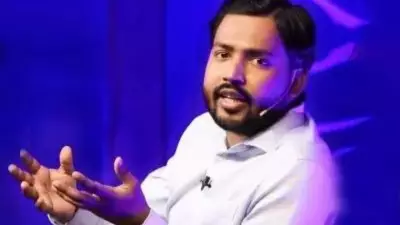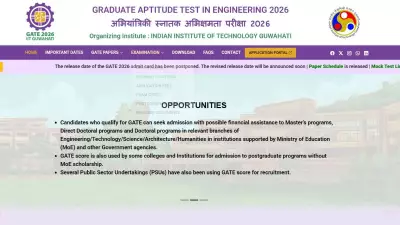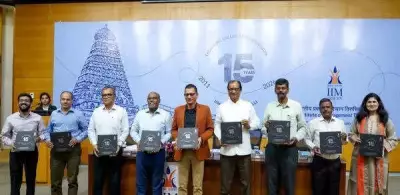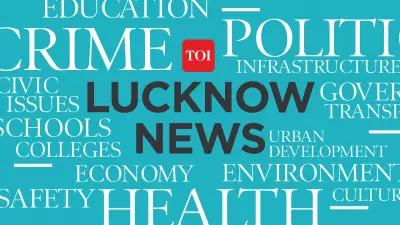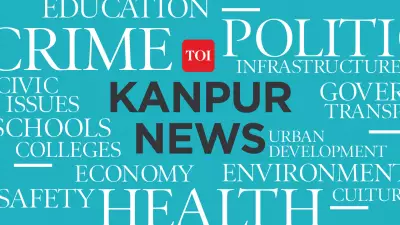
A groundbreaking global survey has revealed an overwhelming demand among Indian students for education that directly translates into career success. The study, which gathered responses from 3,000 participants worldwide including both students and parents, shows that Indian learners are leading the charge in prioritizing practical skills and employment readiness.
Indian Students Lead Global Shift Toward Practical Education
The research findings are striking: 97% of Indian students expressed a strong preference for educational programs that provide clear pathways to careers. This percentage represents the highest among all countries surveyed, indicating that Indian students are at the forefront of a global movement toward more pragmatic and outcome-focused learning approaches.
The survey, conducted across multiple nations, placed Indian respondents significantly ahead of their international counterparts in emphasizing the importance of applied learning experiences. This overwhelming preference for career-oriented education reflects the changing aspirations and practical considerations of today's Indian youth.
Job Readiness Takes Center Stage
Indian students demonstrated a particularly strong focus on job-readiness and applied learning compared to students from other nations. The survey results suggest that Indian learners are increasingly viewing education as a direct investment in their future employment prospects rather than merely an academic pursuit.
This trend highlights a significant shift in educational priorities, with students seeking tangible returns on their educational investments. The emphasis on practical skills over theoretical knowledge indicates that Indian students are becoming more strategic about their learning choices and career planning.
Implications for Educational Institutions
The survey findings, published on November 19, 2025, carry important implications for universities and educational policymakers across India. The clear student preference for career-focused education suggests that institutions may need to reevaluate their curriculum design and learning outcomes to better align with student expectations and market demands.
Educational experts suggest that this trend toward career-oriented learning reflects the competitive job market and the increasing importance of specific skill sets in the modern economy. The survey indicates that Indian students are particularly aware of these market realities and are making educational choices accordingly.
As the educational landscape continues to evolve, the voices of these 3,000 surveyed students and parents provide valuable insights into the future direction of higher education in India and beyond. The overwhelming preference for career-focused learning suggests that educational institutions that adapt to these expectations may better serve the next generation of Indian professionals.

